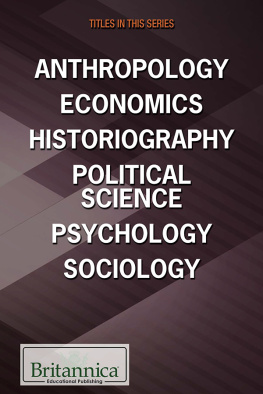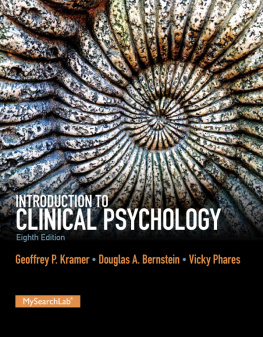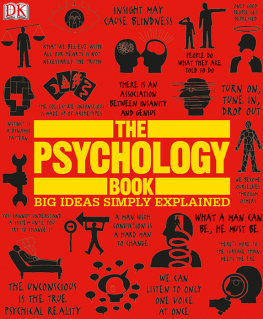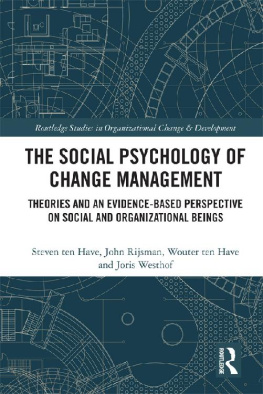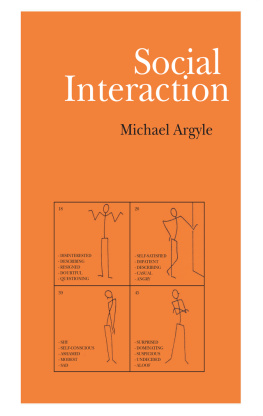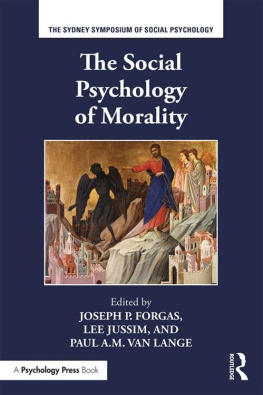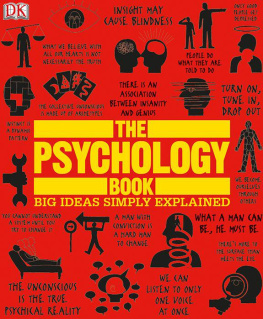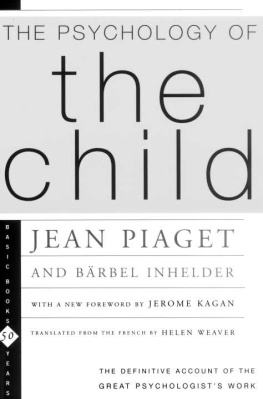
Published in 2016 by Britannica Educational Publishing (a trademark of Encyclopdia Britannica, Inc.) in association with The Rosen Publishing Group, Inc.
29 East 21st Street, New York, NY 10010
Copyright 2016 by Encyclopdia Britannica, Inc. Britannica, Encyclopdia Britannica, and the Thistle logo are registered trademarks of Encyclopdia Britannica, Inc. All rights reserved.
Rosen Publishing materials copyright 2016 The Rosen Publishing Group, Inc.
All rights reserved
Distributed exclusively by Rosen Publishing.
To see additional Britannica Educational Publishing titles, go to rosenpublishing.com.
First Edition
Britannica Educational Publishing
J.E. Luebering: Director, Core Reference Group
Anthony L. Green: Editor, Comptons by Britannica
Rosen Publishing
Amelie von Zumbusch: Editor
Nelson S: Art Director
Brian Garvey: Designer
Cindy Reiman: Photography Manager
Karen Huang: Photo Researcher
Library of Congress Cataloging-in-Publication Data
Names: Peters, Elisa, editor. | Killcoyne, Hope Lourie, editor.
Title: Psychology / Elisa Peters and Hope Lourie Killcoyne, editors.
Description: New York, NY : Rosen Publishing, 2016. | Series: The Britannica
guide to the social sciences | Audience: Grade 912. | Includes
bibliographical references and index.
ISBN 978-1-6227-5553-0 (eBook)
Subjects: LCSH: PsychologyJuvenile literature.
Classification: LCC BF149.5 .P48 2016 | DDC 150dc23
LC record available at http://lccn.loc.gov/2015035481
Photo Credits: Cover, p. 1 marigold_88/iStock/Thinkstock; p. vii Tetra Images/Getty Images; p. xi Lewis J Merrim/Science Source/Getty Images; p. 1 Science Source; p. 3 Library of Congress, Washington, D.C. (LC-USZ62-94957); p. 7 Kris Timken/Blend Images/Getty Images; p. 11 Stegerphoto/Photolibrary/Getty Images; p. 16 Juan Mabromata/AFP/Getty Images; p. 18 Joe Wrinn/The LIFE Images Collection/Getty Images; p. 23 Acc. 90-105 Science Service Records, 1920s-1970s, Smithsonian Institution Archives; p. 27 Encyclopaedia Britannica, Inc.; p. 34 Map data 2015 Google; p. 37 AP Images; p. 42 Vital Pictures/Stone/Getty Images; p. 46 Hero Images/Getty Images; p. 49 ColorBlind Images/Iconica/Getty Images; p. 55 John E Marriott/All Canada Photos/Getty Images; pp. 6263 Dan Porges/Archive Photos/Getty Images; p. 70 Gina Sanders/Fotolia; p. 72 Tuan Tran/Moment Select/Getty Images; p. 77 Santi Visalli/Archive Photos/Getty Images; p. 86 Ariel Skelley/Blend Images/Getty Images; p. 88 oliveromg/Shutterstock.com; p. 93 Will & Deni Mcintyre/Science Source/Getty Images; p. 95 Lori Adamski Peek/The Image Bank/Getty Images; p. 100 ullstein bild/Getty Images; p. 104 Courtesy of Clark University, Worchester, Massachusetts; p. 108 Mary Evans/Sigmund Freud Copyrights (courtesy of W.E. Freud); p. 115 Imagno/Hulton Archive/Getty Images; p. 119 Paul Popper/Popperfoto/Getty Images; p. 129 Bill Anderson/Science Source/Getty Images; p. 132 Jon Erikson/Science Source
CONTENTS




T he study of the way people think and behave is called psychology. The discipline of psychology is broadly divisible into two parts: a large profession of practitioners and a smaller but growing science of mind, brain, and social behaviour. Psychology addresses itself to many of the most basic elements of human mental and emotional life, including concepts, thought, and memory, as well as to complex phenomena such as personality.
The field of psychology has a number of subdisciplines devoted to the study of the different levels and contexts of human thought and behaviour. Social psychology, for example, deals with human thought and action in a social context, while physiological psychology is concerned with thought and behaviour at the level of neurology. Psychology is also an interdisciplinary science. Social psychology, for example, involves both sociology and anthropology, while physiological psychology builds on the techniques and methods of neurology and physiology.
Physiological psychology is concerned with the neurological and physiological events that underlie human thought and action. Some physiological psychologists attempt to map mental phenomena or functioning to various parts of the brain. Others study both the transmission of electrical information in the brain and the neurotransmitters that facilitate or inhibit such transmissions. Physiological psychologists also study the effects of drugs on human behaviour.
Social psychology looks into all facets of human social interaction. Among the problems studied by social psychologists are such matters as the development of friendship, the nature of romantic attachment, and the relative effectiveness of cooperation and competition on achievement. In recent years social psychology has included the study of how people attribute causes to others' (or their own) behaviour. Attribution theory recognizes that psychological perceptions of events do not always correspond to objective reality.
The study of conditioning and learning examines how experience modifies thought and behaviour. Initially devoted to the investigation of principles of learning among all species, the field now includes specific types of learning for different species. Other areas of interest include maladaptive learning, such as learned helplessness, and learning in traditional settings such as the classroom and the workplace.

Clinical psychologists treat patients who are suffering from mental or emotional problems.
Cognitive psychology encompasses the study of thinking, concept formation, and problem solving. Work in this field has been much influenced and aided by the use of computers. Computers are used to present problems and tasks to subjects and to model thinking and problem-solving processes. The impact of computers on cognitive psychology is also evident in the theories used to describe human thought. For example, such terms as short-term memory and long-term memory parallel the two types of memory that are available on computers.
Abnormal psychology is the study of maladaptive behaviours. Such behaviours range from simple habit disorders (thumb sucking, nail biting), to addictions (alcohol, gambling and so on) to the most severe mental disturbances (psychoses). Abnormal psychology investigates the causes and dynamics of mental and behavioural disorders and tests the effectiveness of various treatments. There are many different theories of abnormality and treatment. They include Freudian psychoanalysis, non-Freudian psychodynamics, Gestalt psychology, cognitive behaviour therapy, humanistic psychology, and transactional analysis.

